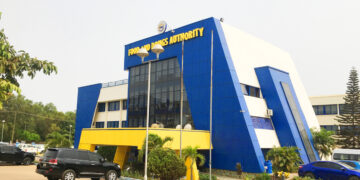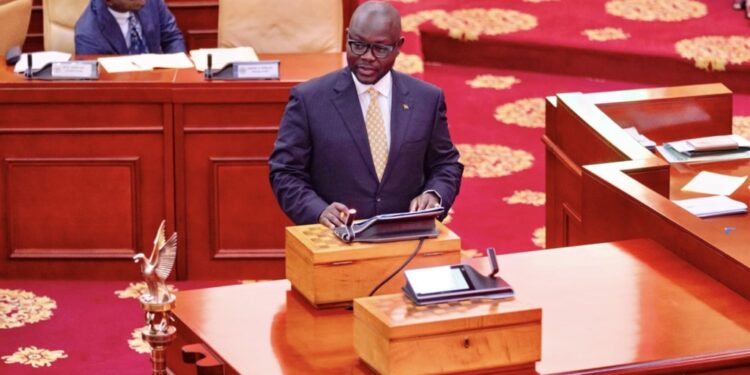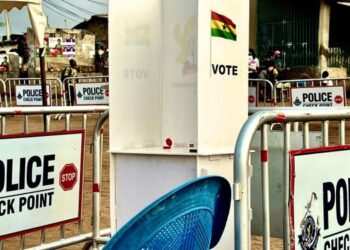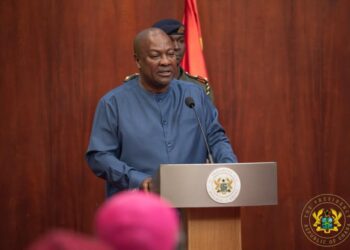Former Roads Minister Francis Asenso-Boakye has taken a swipe at the government’s Big Push infrastructure programme, describing it as politically motivated and lacking economic logic.
Speaking in Parliament, Asenso-Boakye said road investments should follow human settlement patterns and economic activity.
“The greatest of respect, this so much talked about push is neither balanced nor big, nor strategic.”
He insisted that in times of financial constraint, road development must be prioritised for maximum impact.
He further argued that the Big Push unfairly concentrates resources in some regions while neglecting key urban centres like Greater Accra and Ashanti.
“Mr Speaker, the list of programmes, of roads is heavily skewed towards certain regions in the country, completely neglecting Greater Accra and the Ashanti Region. “For me, that is not fair to the country, that is not strategic because you build roads where there are human beings, a lot of human, densely populated people, communities,” he argued.
Responding, Roads and Highways Minister Kwame Agbodza dismissed the former minister’s claims, saying the Big Push programme is focused on inclusive national development.
“Yes, I agree, Accra and Kumasi have the biggest volume of traffic in the country. But when you give the impression that just because that is the biggest volume, what about the farmer growing yam in Yendi? Don’t we have to take a road there to convey the yam for us to consume in Accra?”
“So you think that just because there are more people in Accra and Kumasi, we should spend all our money in Accra and Kumasi?”
He added: “I went around the 16 regions. When I got to the Oti Region, there was no active road project going on. Is that fair? Is that fair? Guess what? Reset means that we are taking road infrastructure to every part of the country.”
Meanwhile, parliament has since approved the government’s request to commit oil revenues and mineral royalties to fund the GH¢13.8 billion Phase One of the Big Push. The full programme is expected to cost up to GH¢70 billion by 2028.




































